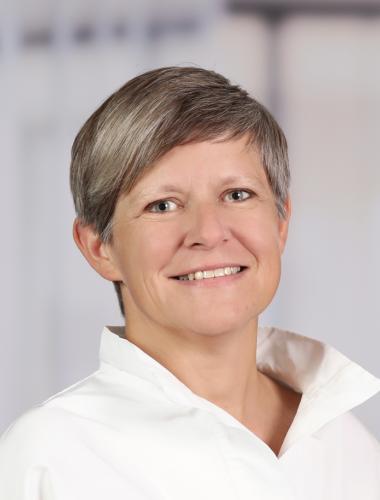Competition Council sector enquiry on the Luxembourg pharmacy market
- Articles and memoranda
- Posted 18.07.2022
The Luxembourg Competition Council (“Council”) recently published a sector enquiry report onthe pharmacy market. In this report, the Council identifies a number of problems and potential solutions to address them.
Insufficient market coverage
The Council found that contrary to the neighbouring countries, the density of pharmacies in Luxembourg is very low. According to data gathered for the report, 25 additional pharmacies are needed to satisfy the demand of the population. The opening of a new pharmacy is subject to government authorisation and the conditions to obtain a concession are strict. For example, one has to be at least 50 years of age to obtain a first license. In addition, the government created only three new licenses in 2021. According to the Council, the concessions regime could be contrary to Article 11(6) of the Constitution governing the freedom of commerce and industry.
The high price of drugs in Luxembourg
The Ministry of Social Security approves the price of medicines based on the prices of the country of origin. The report found that drug prices in Luxembourg are well above the EU average. One of the potential solutions would be their liberalisation, except for prescription medicines, as their liberalisation would disturb the well-functioning of social security systems. However, concerning over-the-counter medicines, “the Council is of the opinion that the removal of the price cap (…) will make it possible to create a real competitive dynamic in the market. The French example shows that price liberalisation can generate a general decline in price levels.” Therefore, according to the Council, over-the-counter medicine should not be subject to an exception concerning the free setting of prices under Article 2(2) of the Luxembourg competition act.
Shortages and low availability of generics
The Council notes that generic medicines occupy a very small market share in Luxembourg. A higher volume of generic medicines would be beneficial for state expenditure as such drugs are much cheaper than the original. Moreover, the Council highlights issues of shortages of medicine that one needs to address. According to the Council, an increase in volume of generics could help to end the problem of shortages.
Another reason for shortages could be quotas imposed by pharmaceutical laboratories, which may constitute refusals to supply. The aims of that practice is to prevent exports of medicine to other Member States where the price levels are higher. This practice prevents parallel trade, which is problematic because it hinders access to cheaper medicine. Consequently, according to the Council, there could be an abuse of a dominant position within the meaning of Article 102 of the Treaty of the Functioning of the European Union. That is, if the alleged practice by an undertaking in a dominant position consists of the refusal to fulfil orders, which are normal in relation to the needs of the market.
Access to the profession
In addition, the Council notes that only pharmacists can operate pharmacies, which are the only available outlets for selling medicine. According to the Council, these restrictions combined with the fact that the number of pharmacies are largely insufficient “goes beyond what is necessary to achieve its objective of maximum protection of public health and does not respect the principles of proportionality.” Therefore, the Council proposes that other undertakings should have the possibility to run pharmacies and that one can sell over-the-counter medicine at other places, such as supermarkets.
Lack of diverse sources of supplies
Finally, Luxembourg does not produce its own medicine and up to 90% of imports come from Belgium. Consequently, the Council proposes a diversification of sources of supply, in particular from France where medicine is cheaper. However, importing from France would also be more complex, for example, due to the lack of notices in the German language.
